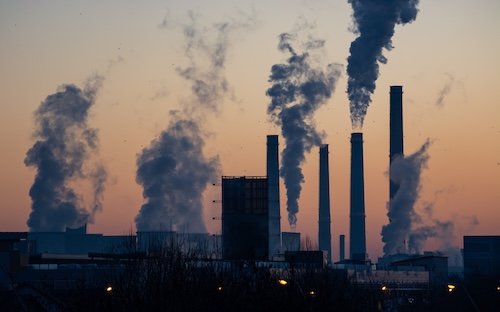The World Health Organization (WHO) is urging politicians to recognize the climate crisis as a health crisis. Air pollution has particularly severe impacts on human health, particularly on respiratory health. In 2019, air pollution contributed to 6.67 million excess deaths, increasing rates of heart disease, lung cancer, asthma, chronic obstructive pulmonary disease (COPD), type 2 diabetes, and strokes. Air pollution ranks as the fourth leading risk factor for premature death globally, outweighing all other impacts of climate change, including extreme weather events.
Burning fossil fuels is a key factor in the increasing severity of air pollution, as well as the health consequences that follow. WHO environmental health expert Dr. Maria Neira highlights the dangerous outcomes of an economy centred on coal, oil, and gas, which release toxic particles when burned. As burning fossil fuels prematurely ends millions of lives each year, she argues that these deaths can be attributed to inaction on climate change.
Switching to clean energy sources can reduce air pollution and offer significant health benefits globally. As Dr. Neira points out, the connections between fighting climate change and reducing air pollution underscores the urgency of climate action. Adopting clean energy initiatives and clean transportation strategies, combined with a global shift towards plant-based diets, have the potential to not only tackle the climate crisis but also to save millions of human lives.

Photo by Ella Ivanescu on Unsplash
- Log in to post comments
CRC Comments